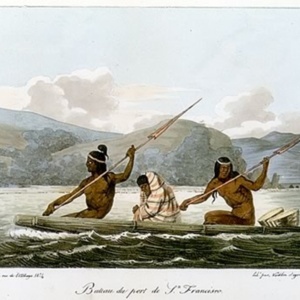
How to Think Like Shakespeare
Shakespeare became a nimble thinker through a fascinating array of intellectual exercises. This webinar revisits key facets of his education, with an eye towards how such practices might work for today’s students: commonplacing; imitation; translation; disputation; synonymy; recitation; invention. These rhetorical habits shaped the mindsets of powerful artists for generations—and can still help today’s young … Continued








